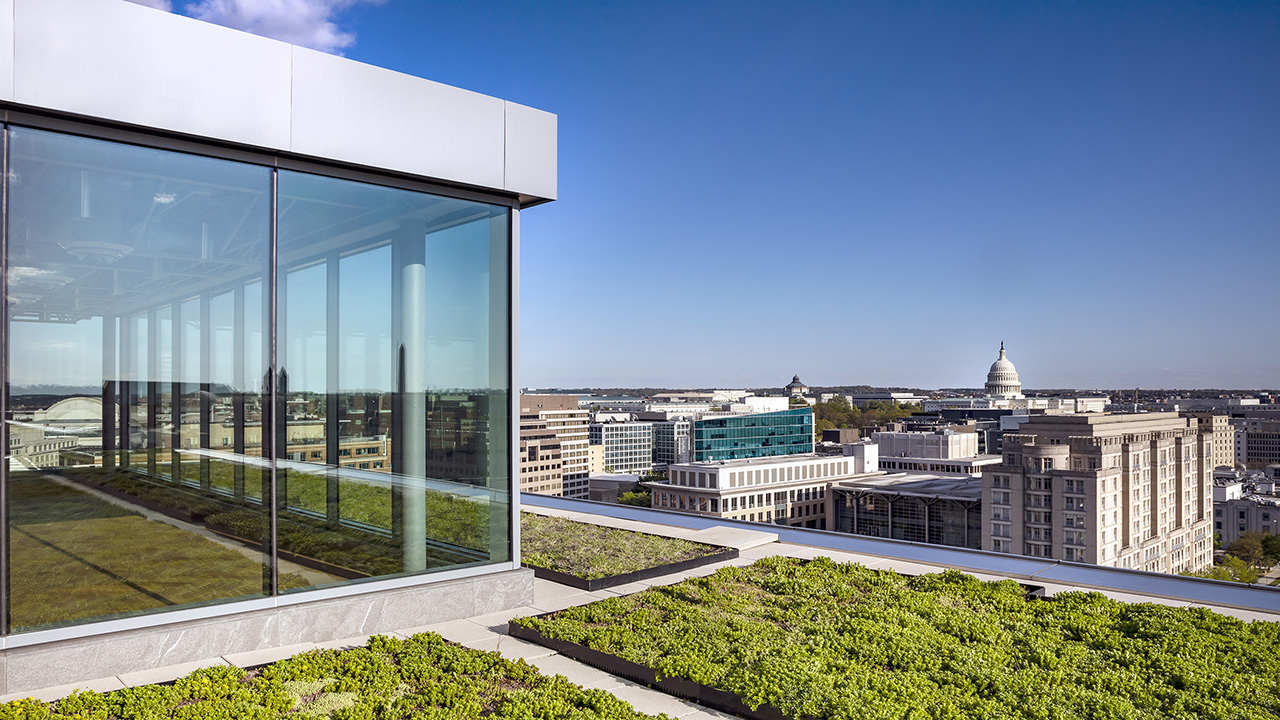
Fresh Energy is both stunned and disappointed that the International Code Council (ICC) board of directors sided with fossil fuel interests over their own staff, appointed technical expert volunteers, and appeal process to keep the foot on the pedal for gas appliances.
Last week, the ICC board eliminated pre-wiring provisions for easier adoption of electric vehicle chargers and appliances like heat pumps and heat pump water heaters from its 2024 International Energy Conservation Code. These would have increased consumer choice for homeowners who want energy-efficient, cost-effective appliances. Stripping electric-ready provisions will force unnecessary and costly home retrofits and rewiring to access modern appliances that both homeowners and renters want. The setback locks in a building code that makes it increasingly difficult for the buildings sector to meet its mid-century emissions reduction targets by disincentivizing carbon-free appliances in favor of polluting, old technology instead.
As an organization that volunteered an estimated 3,000 staff hours over the course of a decade in the ICC’s nationally-convened Consensus Committee process to provide expert technical advice in its stakeholder process, Fresh Energy strongly feels the board has turned its back on the promise of stewarding authentic community involvement. This decision will have negative reverberations across the country, as each state crafts new building codes modeled off this compromised national framework.
“Thousands of hours of volunteer labor by energy experts and code officials were unilaterally ignored and discounted by the ICC board’s decision to not prepare new homes for in-demand electric appliances on the market today. We are outraged that the board not only ignored the recommendation of 90% of its expert volunteers, but also its own appeals board, to bend to special interests of the gas industry,” said Eric Fowler, senior policy associate, buildings at Fresh Energy. “People want the option to change appliances without ripping out their walls. Instead, this egregious, misguided decision is a stunning setback for human health and our climate that will have ramifications for decades. It also undermines the ICC’s credibility if the board can simply rip up and ignore the product of its own experts and stakeholder processes for writing model building codes.”
Despite our job being made harder by this breach of process, Fresh Energy will continue to prioritize advancing modern, future-focused residential and commercial energy codes for a safer, cleaner Minnesota. In addition to our ongoing engagement at the national level, Fresh Energy is deeply committed to advocating for policies at the regulatory and legislative levels that ensure Minnesotans can take full advantage of the best policies and tools to decrease waste, save money, and help Minnesota meet its nation-leading climate goals.
